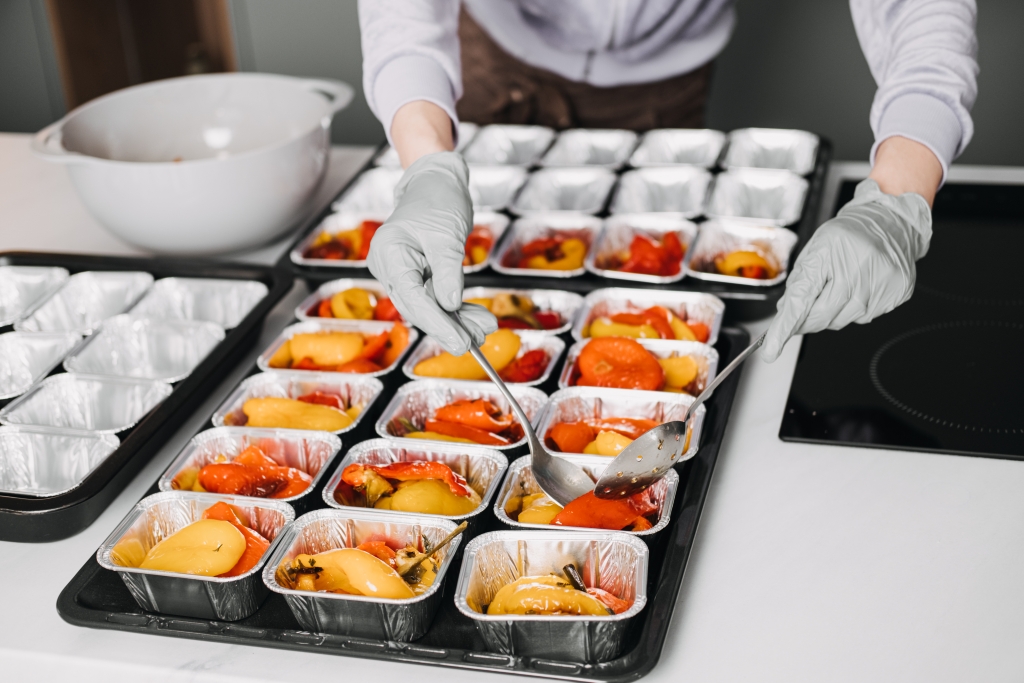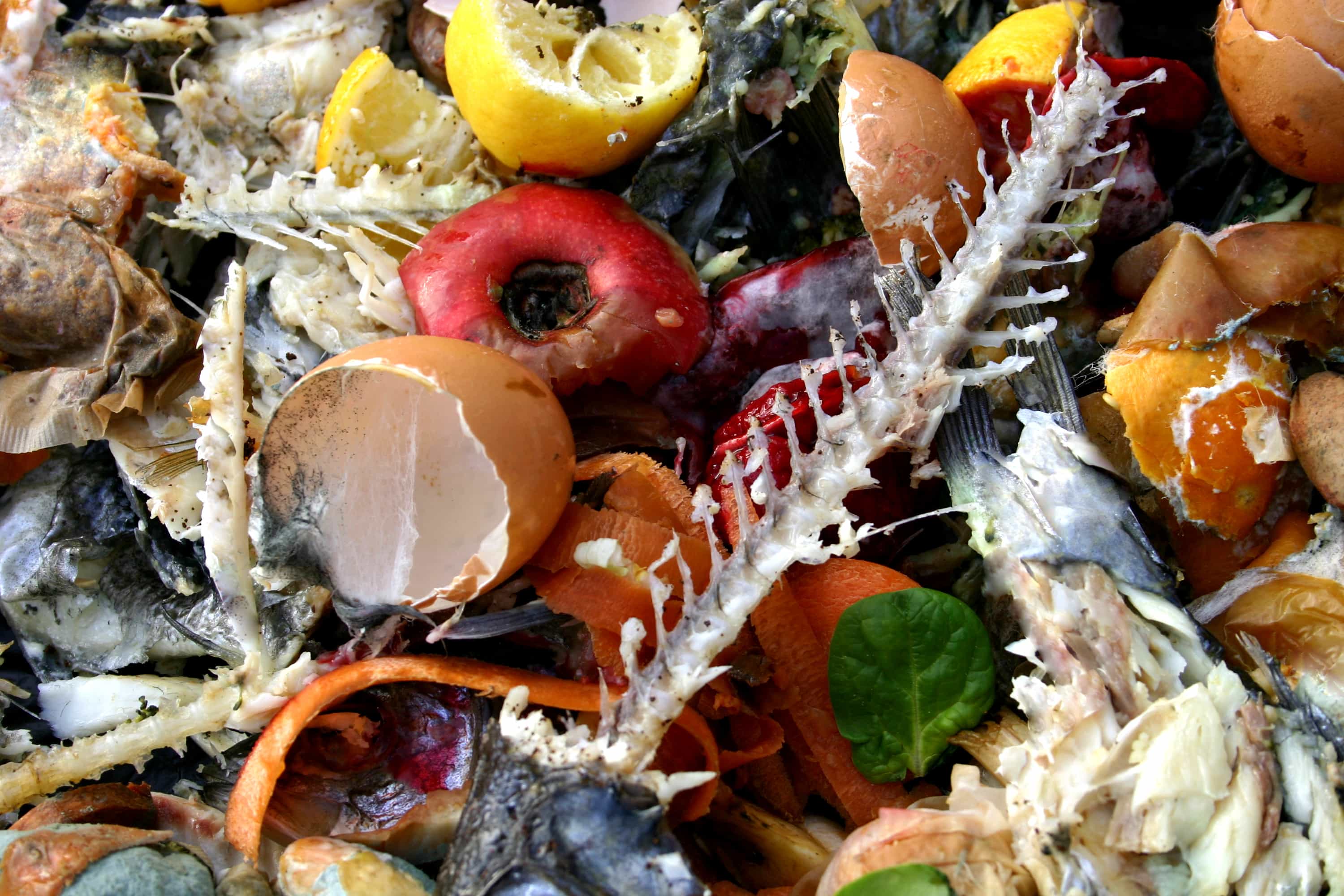June 6, 2025
FSMA Rule 204: So, What’s the Deal with Ad-Hoc Purchases?
When it comes to FSMA Rule 204, there’s one gray area that keeps tripping people up: the mysterious case of the ad-hoc purchase. It’s like the Bigfoot of traceability — people talk about it, some swear they’ve seen it, but no one’s quite sure how to handle it.


When it comes to FSMA Rule 204, there’s one gray area that keeps tripping people up: the mysterious case of the ad-hoc purchase. It’s like the Bigfoot of traceability — people talk about it, some swear they’ve seen it, but no one’s quite sure how to handle it.
Let’s unpack this (without requiring a food-grade label printer).
First Things First: What Is an Ad-Hoc Purchase?
Spoiler alert: the FDA doesn’t actually define “ad-hoc purchase” anywhere in the FSMA Rule 204 regulatory text. So we’re left to cobble together a working definition based on what the rule does say and what we see out in the wild (aka the real world).
Let’s call it this:
An ad-hoc purchase is an informal, infrequent, or a-typical transaction involving a food item on the Food Traceability List(FTL).
Maybe it’s a one-time buy from a new supplier. Maybe it’s an occasional pickup from a local retailer or CSA. It’s not about whether you’ve signed a long-term contract—it’s about what you do with the food.
What the Rule Actually Says
FSMA Rule 204 is all about capturing Key Data Elements(KDEs) at Critical Tracking Events (CTEs) for foods listed on the FTL. Think receiving, shipping, transforming, etc.
The frequency of your transactions? The rule couldn’t care less. What matters is whether you’re doing one of those CTEs. The FDA has made this pretty clear:
- Every CTE counts, even if it happens just once.
- Receiving means taking physical possession — no exceptions for “just this once.”
- Shipping means arranging for food to leave your facility — Instacart orders included.
- Transforming means changing the food in any way — slicing, mixing, cooking.
So yes, that one-time micro-purchase of fresh-cut papaya from a boutique distributor? If you received it, congratulations — you’ve just triggered FSMA Rule 204.
Exemptions Are About Who You Are, Not How Often You Buy
While you can be exempt from FSMA Rule 204, the criteria have nothing to do with whether your purchases are “ad-hoc.” The exemptions are based on:
- Size (e.g., very small farms)
- Sales channel (e.g., direct-to-consumer sales)
- Sales percentage (e.g., if most of your sales are local)
These are spelled out more clearly in the FDA’s Traceability FAQs, which clarify that:
- Everyone who manufactures, processes, packs, or holds FTL foods is covered — even if they only do it occasionally.
- Covered entities must keep a Traceability Plan, regardless of how often they touch FTL items.
- Even short-term handlers (like temporary warehouse storage) must comply.
Bottom line? If you touch the food, you play by the rules.
Real-World Examples (No Spoilers, Just Sandwiches)
Case 1: The Neighborhood Restaurant
One of our clients runs a restaurant that buys daily from a mix of CSAs and regional grocery chains. The CSAs are exempt, but the grocery chains? Not so much. The restaurant isn’t capturing all required KDEs at receiving — and they’re realizing they may need to tighten things up even though their purchases feel casual and “off-the-truck.”
Case 2: The Distributor With a Twist
Another client is a specialty distributor who also runs retail stores. Their customers — both business accounts and the general public — order food via apps like Instacart. The big question? If food is going out the door via an Instacart order, is that a shipping CTE? (Yes, potentially — especially if you're the one arranging the shipment.)
So What Now?
If you’re unsure whether your occasional or quirky food handling practices trigger FSMA 204 obligations, don’t wait for an FDA inspector to settle the debate. Check if you’re:
- Dealing with food on the FTL
- Performing a CTE (even just once)
- Not covered by a specific exemption
If the answer is “yes” to the first two and “no” to the third… well, it’s time to get your KDEs in a row.
Have You Seen Any Oddball Scenarios?
Ad-hoc purchases come in all flavors — Instacart pickups surprise bulk buys, seasonal promotions, or chef-driven sourcing from farmers' markets. Got a weird one? Let’s hear it — chances are, if it’s happened to you, someone else is puzzling over it too.
Used by the world's leading companies













































Take the First Step
Contact Tim directly to address your traceability and sustainability concerns.






